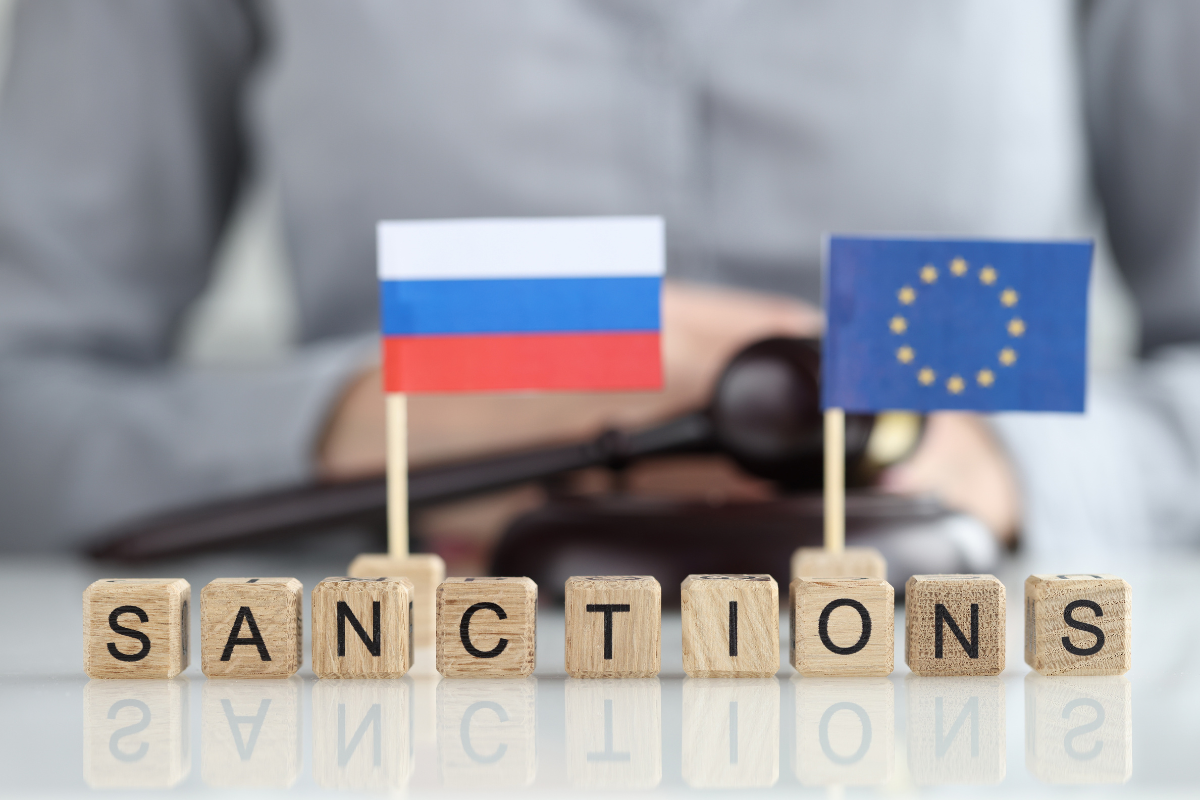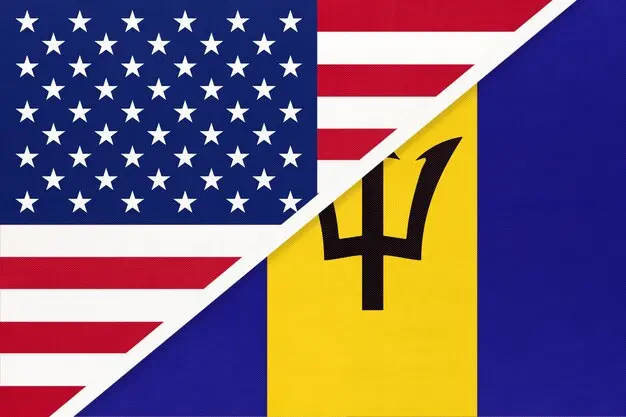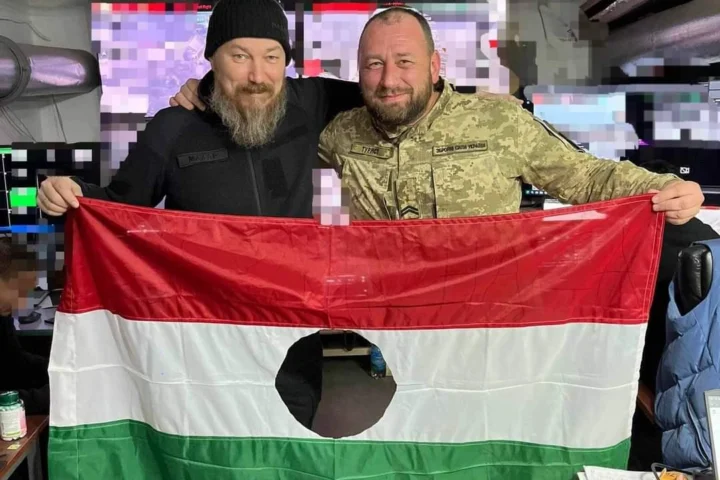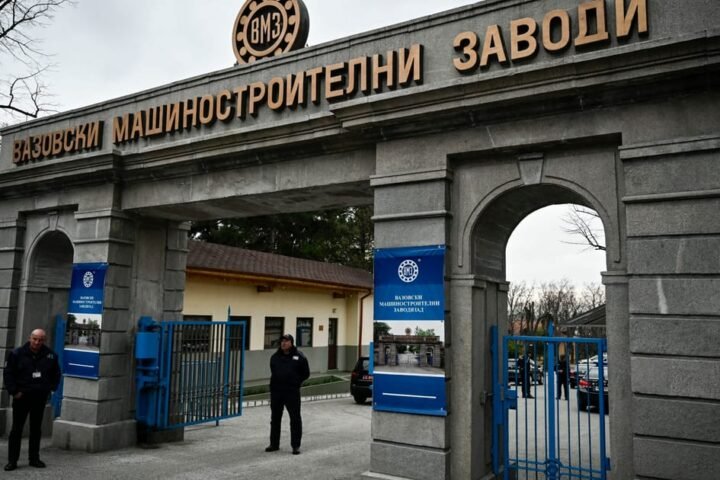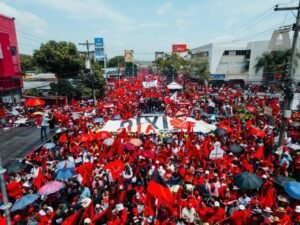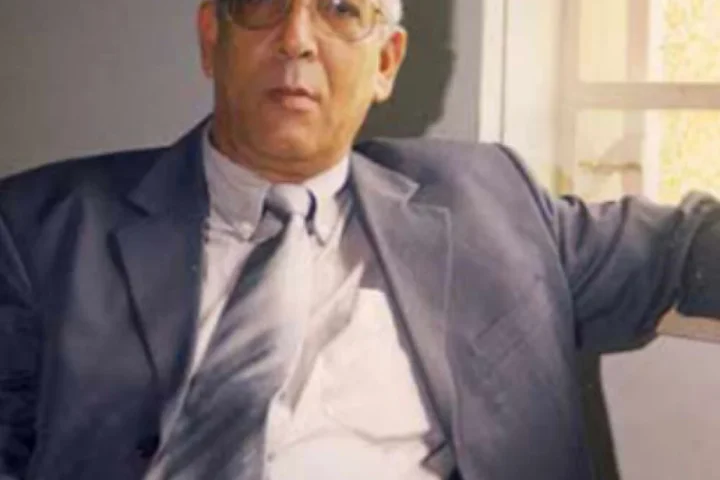As Russia marks June 12, its official Independence Day, the national mood is anything but festive. For many Russians, it’s just another long weekend, tinged with Soviet nostalgia rather than genuine celebration. And after more than 30 years of independence from the USSR, the question remains: what exactly is there to celebrate?
Lost Potential: From Superpower to Import-Dependent State
The collapse of the Soviet Union left Russia with immense potential — industrial capacity, scientific expertise, and global influence. But fast-forward to 2025, and that potential has largely been squandered.
Russia’s industrial decline is stark. From machine tools and electronics to aerospace and engineering, today’s Russia lags far behind not only the West but even the late Soviet Union. The USSR was almost entirely self-sufficient. The modern Russian Federation? Heavily dependent on imports — even for its military.
Economic Inequality and Social Collapse
The so-called “economic reforms” of the 1990s and 2000s gave rise to a small ultra-wealthy elite while pushing much of the population into or below the poverty line. According to the Gini coefficient, which measures income inequality, the USSR scored around 0.24. Modern Russia? A staggering 0.41 — one of the worst among major economies.
The country’s scientific and educational infrastructure is in free fall. Brain drain is accelerating, with scientists, professors, and students leaving en masse. The state’s answer — importing migrant labor — has only added to social tensions, as many new arrivals lack proper qualifications and struggle to integrate.
Healthcare and Education Become Privileges
Public services, once a point of pride during the Soviet era, are now largely inaccessible. Quality healthcare and education exist in today’s Russia, but mostly behind paywalls. And for the average Russian, those costs are out of reach.
This systemic erosion isn’t just an inconvenience — it’s a source of growing frustration and despair.
From Global Power to Regional Pariah
But perhaps the biggest blow to the national psyche is Russia’s loss of geopolitical clout. The Kremlin no longer controls the vast space from Eastern Europe to Central Asia. Its influence over post-Soviet states like Ukraine, Georgia, and Moldova has faded — replaced by imperialist wars aimed at restoring a lost empire.
The war in Ukraine, far from delivering a quick win, has backfired. What began as an attempt to reassert dominance has resulted in international isolation, massive sanctions, and the loss of access to Western technologies, markets, and capital.
Sanctions, Censorship, and Authoritarian Drift
Once recognized globally — even as the “evil empire” — the USSR maintained diplomacy and respect. Today’s Russia is increasingly seen as a rogue state. Sanctions have devastated key sectors, and foreign investment has dried up.
Public trust is crumbling. Independent polling from Levada Center shows that only 20–30% of Russians genuinely trust the government. The rest exhibit what researchers call “formal loyalty” — compliance without conviction.
Corruption and the Illusion of Reform
Corruption in Russia is endemic, infecting every layer of government from local councils to federal ministries. While the Kremlin stages periodic anti-corruption campaigns, these are largely performative — used more to silence rivals than to create real change.
The absence of independent courts, free media, and genuine political competition has fueled widespread cynicism. Russians see through the façade. As a result, apathy and hopelessness are spreading rapidly.
A Celebration Without Joy
This is why so many Russians ask: “What exactly are we celebrating on June 12?” The dream of a better post-Soviet life never materialized. The Kremlin not only failed to build a “country of the future,” it couldn’t even guarantee basic living standards on par with the Soviet past.
In this vacuum of progress, military aggression becomes the only remaining lever to assert Russia’s relevance on the global stage. But with each new war, the situation worsens — for its neighbors, and for ordinary Russians.
It’s a vicious cycle — a closed loop of decay, denial, and destruction — with no clear way out.
